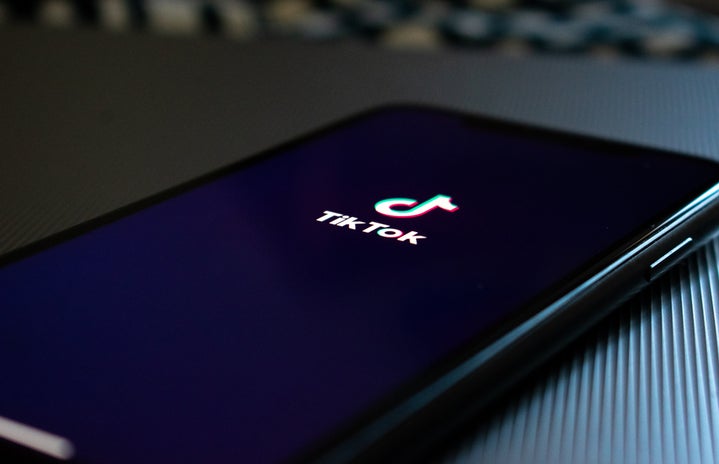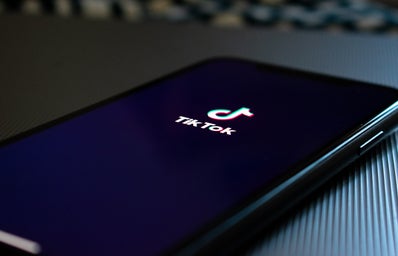Child labor has been highly regulated, and in most cases outlawed, since the 1930s. That is unless you’re a child social media star. YouTube created a family vlogging boom in the 2010s, and parents quickly learned that they could make mass amounts of money if they were just willing to sacrifice their child’s privacy. Children in these families seemingly exist to be content for their parents. It has become so popular that there are websites featuring the top 100 “kid influencers.” Despite the popularity, there is still nothing in place to protect children.
Whether we like it or not, influencing is a job. In the words of TikTok comedian Caroline Easom, “It’s a series of tasks performed for money,” and that’s exactly what a job is. Some parents film their child’s entire day, while others have them more overtly influencing. One account with 13 million followers even had their very young child start a podcast. Children in situations like this are being expected to work and make money for their parents instead of having a normal, private childhood.
Everyone should have the right to privacy, and everyone should be able to consent to what is posted about them. Laws protecting a child’s right to privacy like the California Consumer Privacy Act, give the consent over to the parents. There is nothing to protect children from their own parents exploiting them. One influencer who has built a brand off of her twin babies has a net-worth of around $1 million. Of her last 10 videos, her babies have been in eight of them, each one having over one million views. There’s no world where making that kind of money and having that kind of influence through a child is anything but exploitation.
There’s a reason why TikTok is age restricted to those 13 and older. It’s not safe or healthy for children to be on the app. It’s naive of parents with thousands or millions of followers to believe that 100 percent of their followers are good people. One account on TikTok, @mom.uncharted, pointed out that there are far more predators on the internet than parents want to admit. Parent’s have a responsibility to protect their children when they can, and by plastering their child’s face and entire life on the internet, they are inevitably exposing them to people with bad intentions.
Dangers aside, children just deserve a childhood. They shouldn’t have to exist in this adult world obsessed with productivity and appearance. One mom on TikTok recently got over 26 million views from permanently bleaching her young daughter’s hair. Not only did the mom have her child do a very adult-like activity for TikTok, we all encouraged it by viewing, liking and commenting on the video. Family vlogging and child influencing only exist because we as consumers engage with it. It’s time we stop glamorizing social media fame and let kids be kids.


